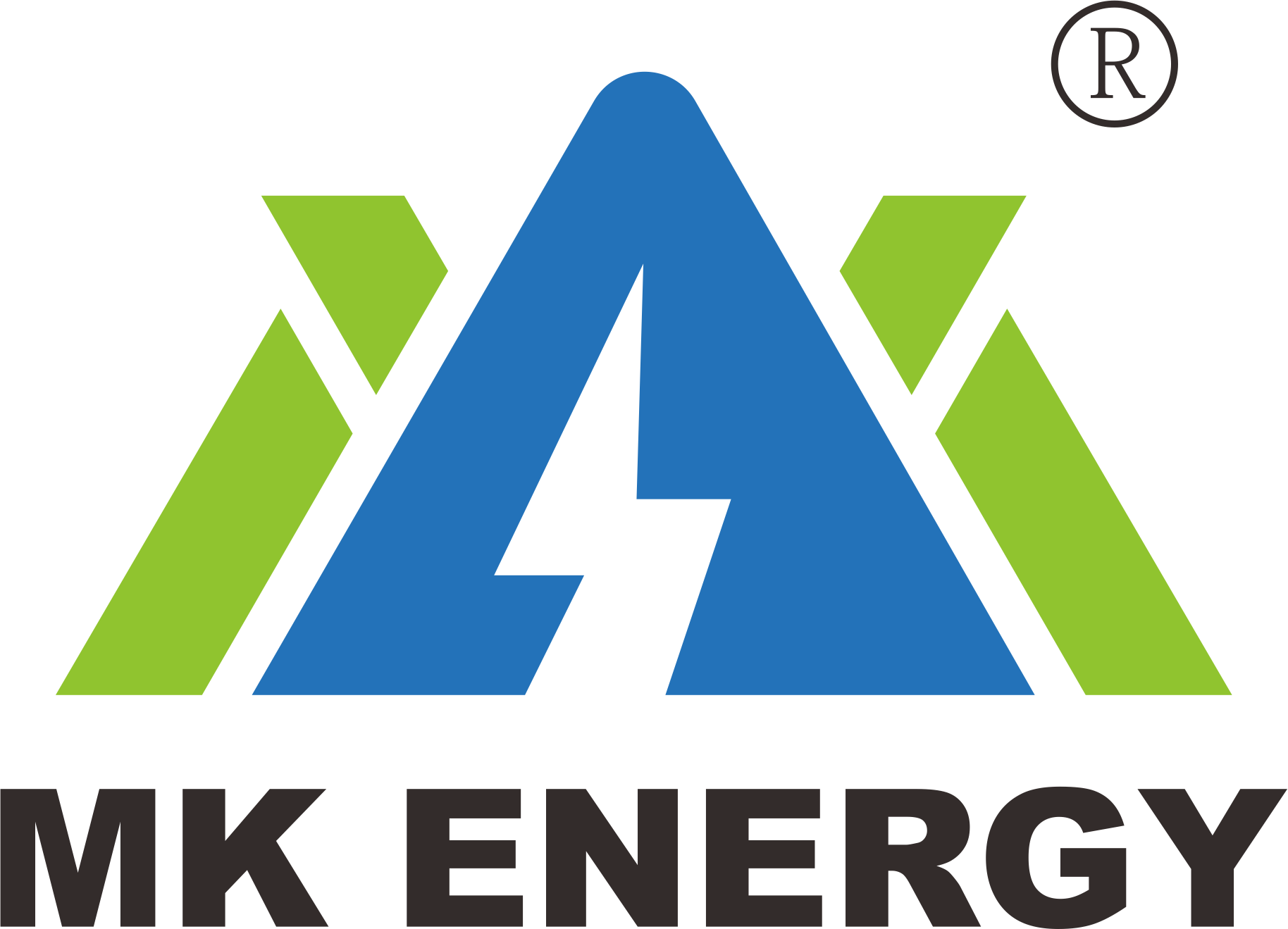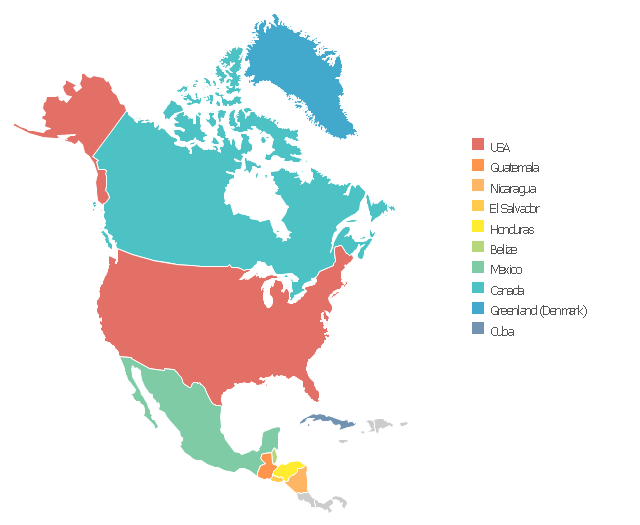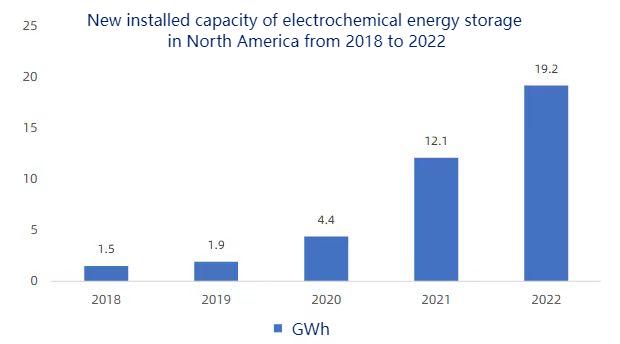Development status of electrochemical energy storage industry in North America
The North American energy storage market is mainly concentrated in the United States. Depending on the node, energy storage can be divided into large storage market, industrial and commercial energy storage, household energy storage, etc. Currently, utility (such as electric power companies, etc.) energy storage dominates the U.S. electrochemical energy storage market. According to statistics from the Energy Storage Association (ESA), the newly installed capacity of electrochemical energy storage in North America will reach 19.2GWh in 2022.
Industry characteristics
Among North American energy storage, large storage shows 1) high concentration in a few states and regions; 2) “photovoltaic + energy storage”
It has become an important form of energy storage development and other characteristics.
In terms of regional distribution, taking the United States as an example, California’s cumulative grid-connected energy storage scale accounts for about 50% of the entire U.S. market, and the top three states account for nearly 80%; In terms of development form, the current hybrid form of “photovoltaic + energy storage” is the main one, and most of them are existing photovoltaic reconstruction and distribution and storage projects. The preparatory projects are also mainly “photovoltaic + energy storage” projects. In terms of application scenarios, the duration is gradually lengthening, and the average preparation project duration is more than 3 hours. Accordingly, peak shifting and valley filling have gradually become the most important application scenarios for energy storage.
The North American electrochemical energy storage market is stimulated by policies and will maintain good development under further stimulation of user demand
Policy support coupled with mature marketization will accelerate the development of the North American energy storage industry
The federal government has introduced policies to create conditions for the development of energy storage. The ITC (International Trade Commission) policy has been extended to hybrid projects of new energy and energy storage, which can deduct up to 30% of the initial investment, promoting the deployment of energy storage in new energy power plants. In 2018, FERC (Federal Energy Regulatory Commission) issued Bill 841, which requires system operators to remove obstacles for energy storage to participate in the capacity, energy and ancillary service markets, so that energy storage can participate in the electricity market in a market competitive manner.
On the other hand, the United States has a relatively complete market mechanism, which has created good conditions for energy storage to participate in market competition and gain economic efficiency. With the continuous improvement of policies and the increasing maturity of the market, electrochemical energy storage is gradually becoming the main force in the development of the US and North American markets in terms of new installed capacity. It accounts for more than 80% of the current new energy storage market in North America.
Market demand for user-side energy storage and the layout of new projects drive the development of the North American electrochemical energy storage market
At present, the penetration rate of user-side energy storage in the United States is low. Due to the large number of independent houses, the market is far from saturated. Moreover, user-side energy storage is self-contained, highly economical, and has increased reliability of power consumption. It has huge future development space and potential, is expected to drive the future development of the electrochemical energy storage market in the United States and North America. In the future, the market demand for household energy storage in the United States will continue to grow at a high rate, showing strong market growth potential and a broad market space in the future.
Based on the large installed capacity of large-scale storage, the U.S. electrochemical energy storage market will enter the next stage of development with household-side installations as a new growth point. Together with Canada’s layout of electrochemical energy storage projects, it will jointly drive the electrochemical energy storage market in North America. The explosion of the energy storage market.
The North American electrochemical energy storage market will gradually show an important development trend of vertical integration and continuous improvement of industry economics
The trend of vertical integration is obvious, and the upstream and downstream of the industrial chain have entered into integrated development
The North American electrochemical energy storage industry chain has generally seen a trend of vertical integration from upstream battery, PCS and other core equipment companies to downstream developers, and the relationship between the upstream and downstream of the industry chain will become more complex and diverse. There will be more new entrants in the downstream, providing a period of opportunity for midstream and upstream companies to develop customers.
Taking the United States as an example, the developer landscape of the U.S. energy storage market is in its early stages. It is expected that more developers will continue to pour in, and there will be a lot of opportunities for customer development for midstream and upstream supply chain companies. Competition among midstream integrators is fierce, with an increase in new entering developers and a clear trend of disintermediation among integrators.
Both policy and economic drivers are driving energy transformation, and the economics of electrochemical energy storage are expected to continue to improve
In terms of energy transformation, the demand for energy storage comes from the demand for regulatory resources brought about by the conversion of old and new energy. Technological progress and rising fossil energy prices have promoted the price comparison advantage of new energy. New energy has the economic logic to develop spontaneously outside of policy drivers. At the same time, the development process of new energy is closely related to the renewable energy policy goals of each region. There will still be large regional differences in the future development of the North American energy storage market.
In terms of energy storage economics, traditional power mechanisms are mainly designed around traditional controllable power generation resources. As a new regulating resource, electrochemical energy storage’s economics are very sensitive to policy support and power mechanism design. Taking the U.S. market as an example, the U.S. IRA bill expands the ITC policy to independent energy storage and increases the intensity and duration of the ITC policy, which is expected to accelerate the development of U.S. energy storage.
To learn more about the energy storage market, stay tuned for more updates on the website or follow MK Energy’s social media accounts.


